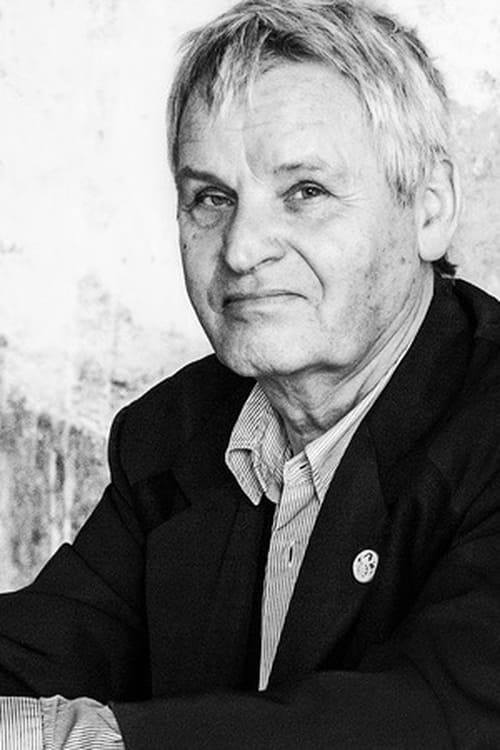Frederic Rzewski eats spaghetti at Carlone Via della Luce 55 (1967)
Género : Documental
Tiempo de ejecución : 14M
Director : Gerd Conradt
Sinopsis
The composer Frederic Rzewski ordered a film from Gerd Conradt for his piece “Selfportrait”. The film was supposed to be shown while he was playing his piece of music, he didn't want to be seen. The film shows Frederic Rzewski sitting down at the table in the Trattoria Carlone in the Trastevere district of Rome from a bird's eye view. He orders wine, salad and a portion of spaghetti. We watch as he eats, pays, gets up and walks out of the picture. All in one setting.
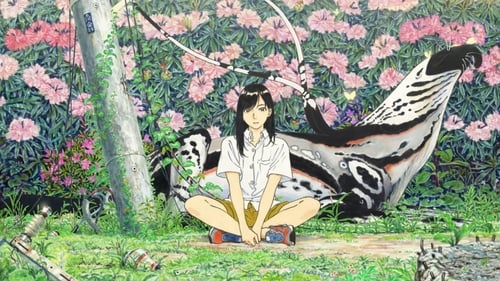
Something is about to change drastically, and the only thing to do is to witness it.

Una mirada muy personal a la historia del cine dirigida, escrita y editada por Jean-Luc Godard en su residencia suiza de Rolle durante diez años (1988-98); un collage monumental, construido a partir de fragmentos de películas, textos y citas, fotos y pinturas, música y sonidos, y diferentes lecturas; una visión crítica, bella y melancólica del arte del cine.

Una mirada muy personal a la historia del cine dirigida, escrita y editada por Jean-Luc Godard en su residencia suiza de Rolle durante diez años (1988-98); un collage monumental, construido a partir de fragmentos de películas, textos y citas, fotos y pinturas, música y sonidos, y diferentes lecturas; una visión crítica, bella y melancólica del arte del cine.

On the cold outskirts of town, something is about to happen. In our own way we are all waiting for something to happen.
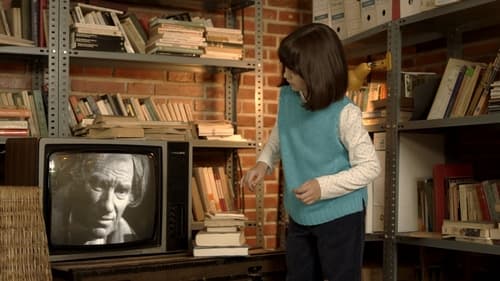
Una joven, que ha heredado la enorme casa de sus abuelos, un fascinante lugar repleto de sorprendentes objetos, se siente abrumada por el peso de los recuerdos y de sus nuevas responsabilidades. Afortunadamente, los antiguos moradores de la casa no tardarán en acudir en su ayuda. (Un relato de la vida y obra de Fernando Fernán Gómez [1921-2007] y de su esposa Emma Cohen [1946-2016], dos singulares artistas y figuras fundamentales de la cultura española contemporánea).
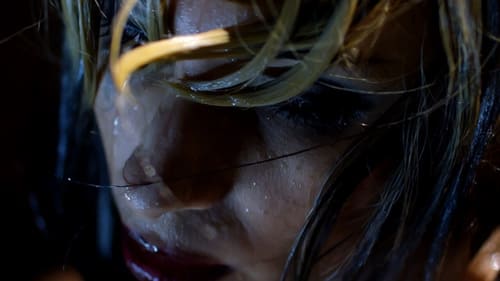
Anya, a mourning woman, drives to the unknown in her vintage car, a 1961 Facel Vega. Her only traveling companion is a mysterious urn. Consumed by sadness and loneliness, Anya falls into a confused world, where the memories of her lover, Frida, and her fantasies are blended. In the middle of the night, Anya decides to make a stop at the FORNACIS, a godforsaken dive bar, to get some rest. In this atypical cellar, she meets Wolf. The two lost souls get along immediately, the night belongs to them for only few hours...
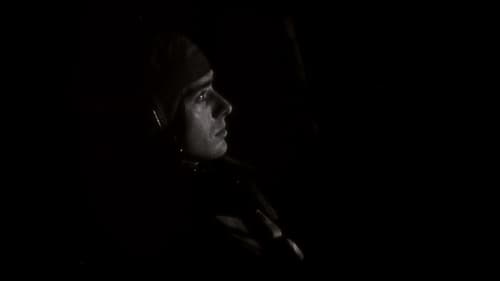
Julio de 1941. Después del comienzo de la invasión alemana, un soldado italiano, veterano de las guerras coloniales, es enviado al frente soviético. Mientras recuerda los cuentos de hadas que su madre rusa solía contarle, el tren en el que viaja cruza Europa camino de las vastas llanuras ucranianas, donde le esperan el enemigo y un invierno cruel… (Film basado en las vivencias de varios soldados italianos).

Loneliness is something everyone experiences. This short film deals with that.

Una sucesión de ideas hiladas solo por el último y el primer fotograma de cada secuencia asemejando al estilo de composición literaria.

Playful and colorful, Pop Cycle is an experimental short film mixing drawn-on-film animation and live-action sequences. The movie takes inspiration both in synthwave genre and in aesthetics of punk music albums.

Una mirada muy personal a la historia del cine dirigida, escrita y editada por Jean-Luc Godard en su residencia suiza de Rolle durante diez años (1988-98); un collage monumental, construido a partir de fragmentos de películas, textos y citas, fotos y pinturas, música y sonidos, y diferentes lecturas; una visión crítica, bella y melancólica del arte del cine.

Una mirada muy personal a la historia del cine dirigida, escrita y editada por Jean-Luc Godard en su residencia suiza de Rolle durante diez años (1988-98); un collage monumental, construido a partir de fragmentos de películas, textos y citas, fotos y pinturas, música y sonidos, y diferentes lecturas; una visión crítica, bella y melancólica del arte del cine.
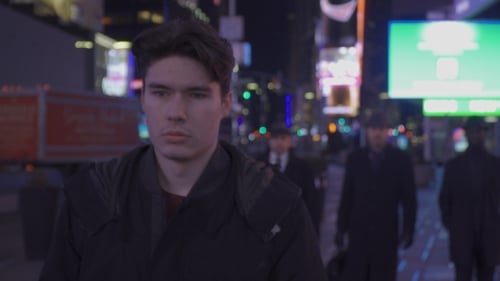
A man who is paranoid and deluded by his own conspiracies that someone out there is after him must come to terms with the root of his suffering.

A gorilla escapes from a Mexican zoo and goes on a bloody rampage through a small town.
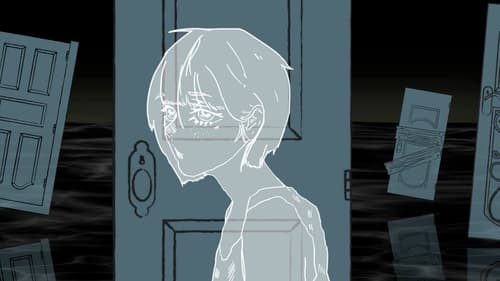
Nova, immersed in metaphors that cross her unconscious, is guided by fate, door to door.
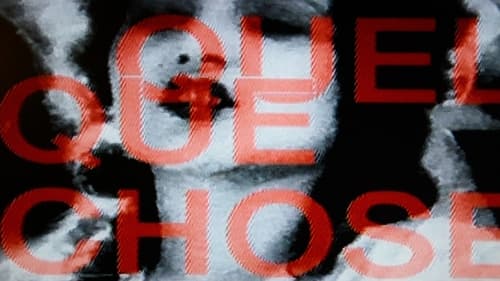
A very personal look at the history of cinema directed, written and edited by Jean-Luc Godard in his Swiss residence in Rolle for ten years (1988-98); a monumental collage, constructed from film fragments, texts and quotations, photos and paintings, music and sound, and diverse readings; a critical, beautiful and melancholic vision of cinematographic art. (Abridged version of the original collection of eight short films).

The host of a children's television show aimed for creativity starts experiencing burnout after needing to force that creativity every day.

Normality is a human state of good intentions, empathy, caring and wanting to do the best for those we love and the world at large.

Water hands is the literal Chinese word for ‘sailor’. The sailor himself remains off-screen in this film, just like the woman who is waiting for him. The tight black-and-white images move through Singapore and Montenegro, while a logic all of its own links the various worlds and narrations.

